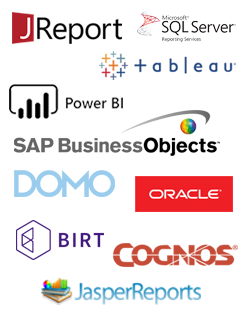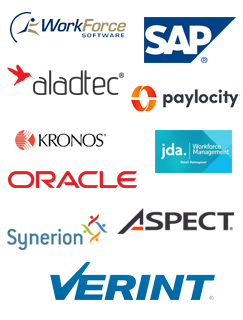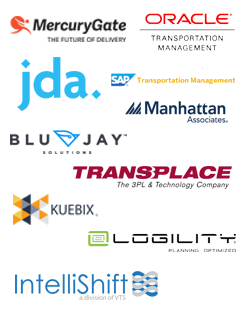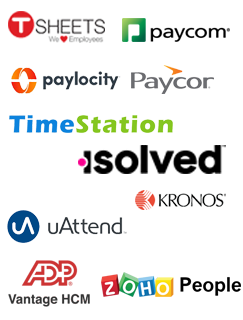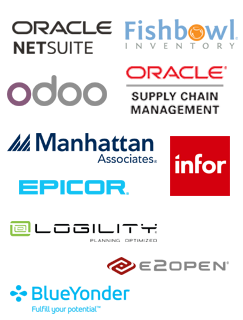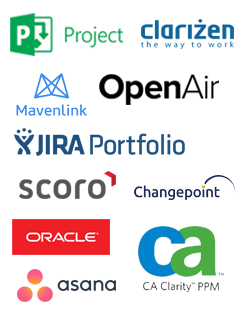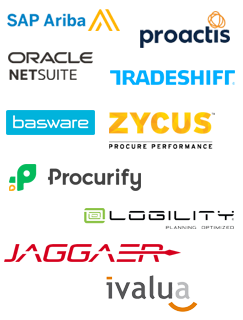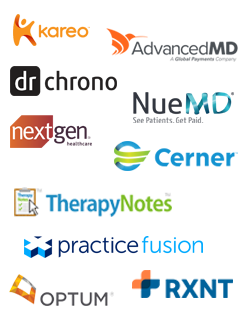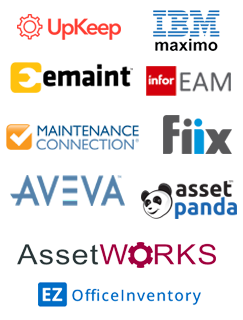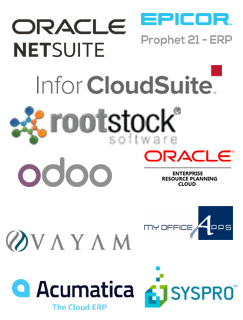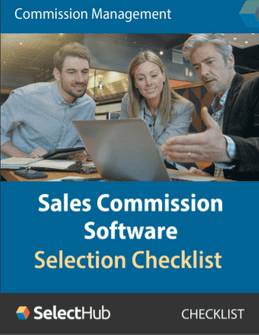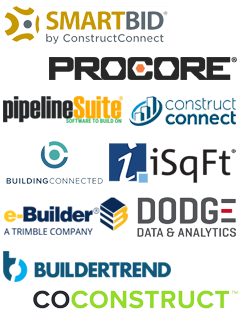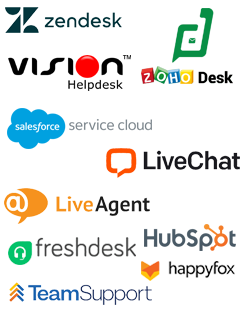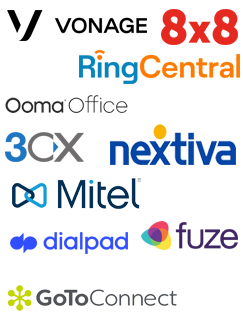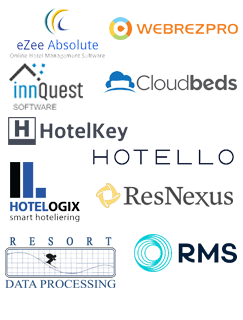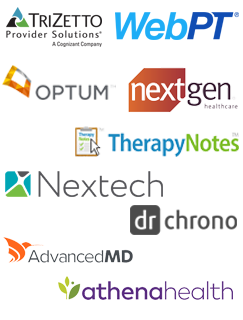Although CRM software and marketing automation tools may appear similar at first, they essentially serve two different purposes. Hence, it’s important to understand exactly what each software aims to accomplish and how integrating these tools can prove to be beneficial for your business.

According to a recent study published by Invespcro, using a marketing automation tool helps you increase sales productivity up to 14.5% and reduce marketing overhead by 12.2%. Another report, from HubSpot, found that more than 60% of overperforming leaders used CRM to automate processes, compared to 46% of underperforming leaders. The benefits of both CRM and MA are undeniable. However, while the two types of software continue to excel in their own domains, many businesses wonder about the difference between CRM vs. marketing automation. We’re here to clear that up for you.
This article will cover the following:
- CRM vs. Marketing Automation: Key Differences
- Why Integration is Important
- Integrate CRM with Marketing Automation
- What is CRM?
- What is Marketing Automation?
- Do You Need Both?
Key Differences
Fundamentally speaking, marketing automation primarily manages digital campaigns, email marketing, lead tracking and scoring, and landing pages. Check out our list of marketing automation features for a full rundown.
On the other hand, CRM manages the sales pipeline process: individual emails, lead status tracking, task management, opportunity tracking and pipeline reporting. Check our vast list of CRM features here.
Basically, while CRM generally drives and increases sales, marketing automation helps generate and nurture leads.
- Target Audience: A CRM platform broadly caters to sales reps, whereas a MA system helps team members focus on marketing.
- Purpose: A MA tool helps you automate campaigns using predefined conditions and triggers. It’s usually used for short purchase cycles. On the other hand, a CRM helps you manage sales processes, assigns tasks to sales reps and maintain an organized database.
- Goal: Using a CRM solution, you can manage customer relationships, improve sales reps performance and improve productivity. A MA platform helps you measure marketing’s contribution to the overall ROI, generate qualified leads and improve workflows for sales and marketing.
Integrating CRM with Marketing Automation
Integrating CRM and MA solutions helps improve the customer experience and increase your business’s efficiency, leading to improved ROI. Most importantly, it helps maximize both of their benefits by combining their strengths. Using them together, you can:
- Assign lead scores
- Nurture prospect relationships
- Glean analytical reports and track progress
- Enable sales reps to visualize lead journeys
- Communicate consistently and seamlessly
Integration Process
Here are a few tricks to help you get the two platforms perfectly aligned:
- Personalized Messaging: You can engage with the target audience better and increase the chances of lead conversions through personalized messages when using a CRM and a MA system in conjunction. While the CRM helps transfer demographic information to the MA tool, eliminating manual tasks, the marketing reps can use that information to run targeted paid ads and campaigns.
- Quick Lead Scoring: Quick responses help ensure increased lead conversions. You can make the process faster and more efficient by assigning scores to leads. Using both the platforms, it’ll be easier for you to identify the important users who are most likely to be converted – information that you can use to send them more effective targeted marketing materials.
- Elimination of Duplicates: Using the platforms in tandem means easy access to centralized data, which can lead to overlaps and accidental duplicate tasks. Hence, monitor the systems closely to ensure there is no duplicate data as it might confuse customers and lead to compliance issues.
- Robust Plan: Integrating the two systems might need some strategic changes. Be sure to design and follow a plan on how to identify, implement and address changes to your marketing and sales efforts, making them cost-effective and efficient.
What is CRM?
In a nutshell, a CRM helps you handle customer relationships, manage contact and sales, and improve agent productivity. You can store information about contacts including their purchase records, phone conversations and records of inbound emails. Most importantly, a CRM lets you optimize one-on-one interactions with clients, leading to enhanced customer satisfaction and increased sales.
Benefits
Key benefits of CRM include:
- Internal alerts remind sales reps about call schedules, account renewals and customer birthdays or anniversaries, prompting them to reach out with optimal timing.
- Integrated workflows automate time-consuming everyday tasks, saving employees’ time.
- Social media sync helps recognize the channels that drive the most traffic and know what people are saying about your business.
- Offer targeted promotional content to increase conversion rates and build trust with customers.
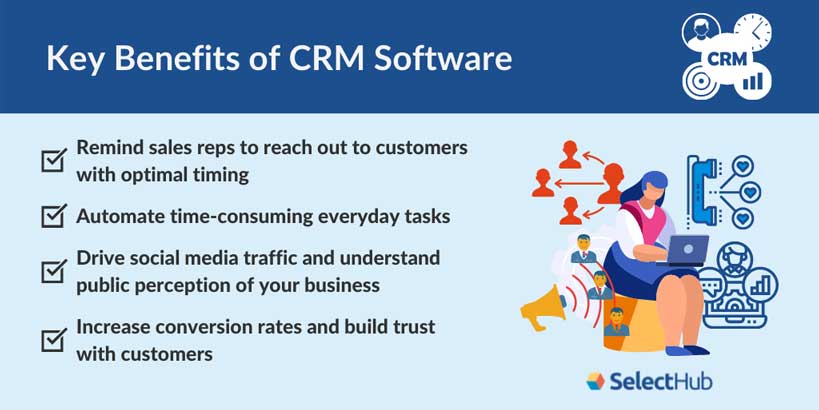
Is Your Business in Need of a CRM?
Most likely, your business needs to invest in a robust CRM platform if:
- You’re no longer able to handle all your leads using a spreadsheet, and you need technical help to track customer data.
- You’re receiving reports about unsatisfactory customer experiences. A CRM helps you reach out to unhappy customers and resolve their issues.
- You’re losing track of customers during their journeys. You can track each customer throughout the sales pipeline and optimize customer experience.

Take a look at the top CRM platforms and find the best fit for your business using SelectHub’s leaderboard.
Compare Top CRM Software Leaders
What is Marketing Automation?
Marketing automation helps you analyze, automate and streamline workflows and marketing tasks. You can follow prospect activities such as website views, blog reads, email opens and form fills. These tools are used to schedule and track email campaigns and mass communications.
Benefits
Key benefits of marketing automation include:
- Improve customer engagement through prospect segmentation based on past interactions or their interests and preferences.
- A unique lead scoring system that helps identify the most promising leads with greater conversion chances.
- Analytics, generated at the end of each campaign, reflect campaign performance and deliver insights.
- Automatically trigger emails when prospects are most interested in a product or service. You can also schedule email series in a “drip” campaign.

Is Your Business in Need of Marketing Automation?
It’d be wise to invest in a marketing automation platform, if:
- You can’t manage the customer list manually. Handling thousands of customer emails can prove to be daunting and a MA solution helps you nurture each of the prospects thoroughly.
- You want to quickly promote carefully crafted content to the right target audience.
- The customer list is too small and you need to feed more leads to the sales team. A MA system helps unify the outreach experience.

Get a detailed view of the industry-leading marketing automation solutions from SelectHub’s leaderboard and make sure you have all the information you need for your software selection journey.
Compare Top Marketing Automation Software Leaders
Do You Need Both?
The answer to this tricky question can’t always be a straight “yes” or “no” as it entirely depends on your customers’ positions in the funnel. As you can sync data between both the platforms in most cases, you can access all your data through one solution.
In fact, it’s a good idea to sync information both ways so that the sales and customer service teams stay on the same page about sales processes and have access to the marketing history of all the customers they interact with.
If you’re looking for a perfect combination of both, and don’t want to invest into two separate systems, you might consider choosing systems that include the functionalities of both marketing automation and CRM in one platform.
Final Words
Now, it’s safe to say that CRM and marketing automation tools complement each other and offer some shared functionalities. And that’s why it’s best not to compare them with the intent of choosing one over the other. For most businesses, a combination of both works best; your business might benefit from the same. While marketing automation allows you to manage digital campaigns and prioritize leads, CRM enables sales reps to manage these leads and opportunities.
However, in the end, it’s best to focus on your business’ specific needs and find platforms that work best for your business – whether that’s a single all-in-one tool or separate platforms. We recommend that you evaluate CRM solutions and marketing automation solutions each on their own merits, and figure out what works best for your business.
When comparing CRM vs. marketing automation, would you prefer a system with combined functionalities or is it better to opt for two different solutions? Do you use a CRM, an MA, or both? Let us know your take on this article in the comment section below!



